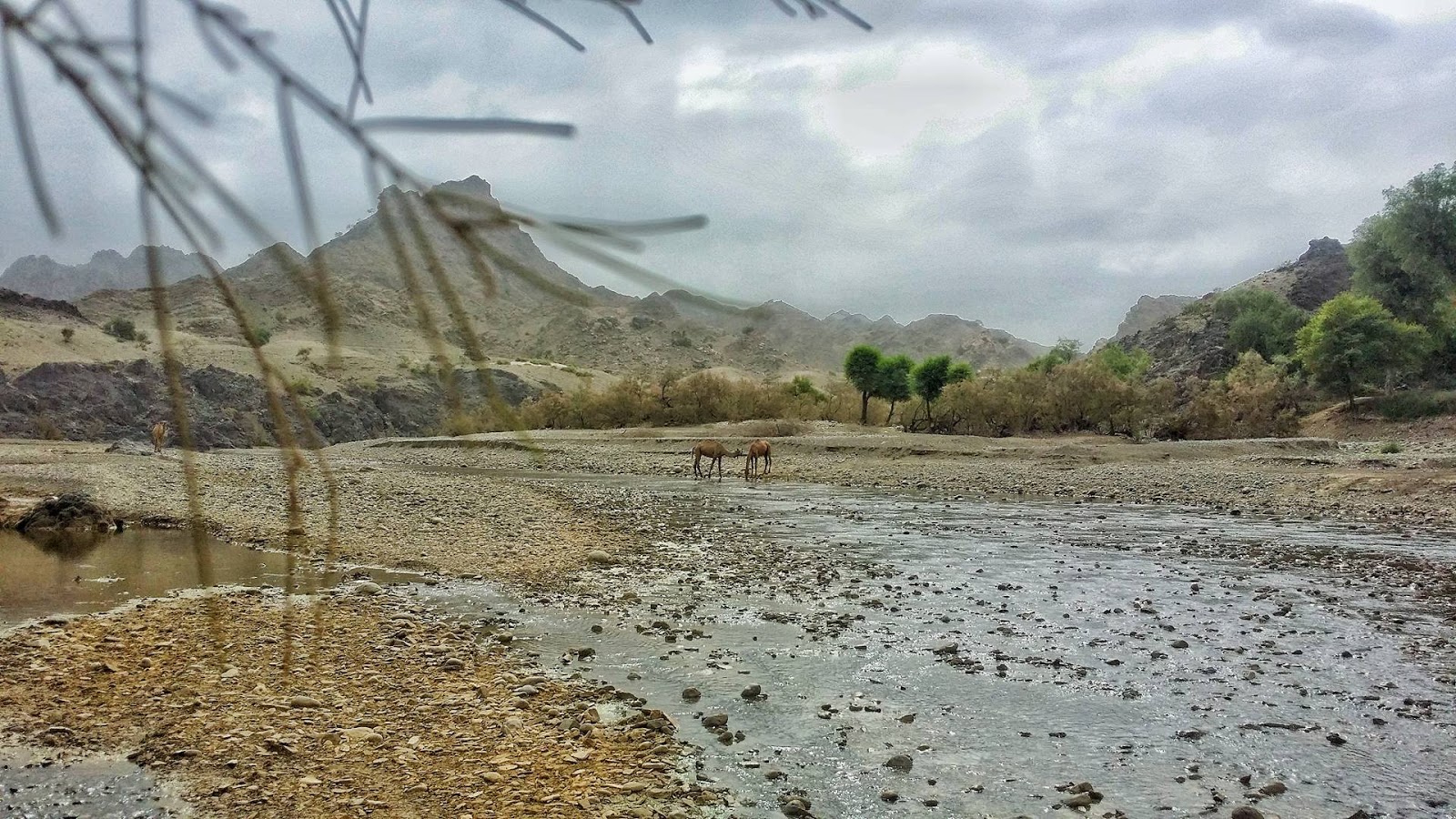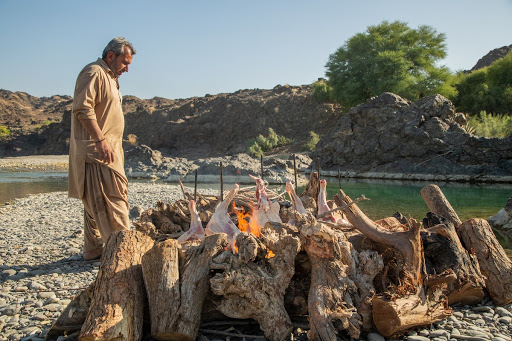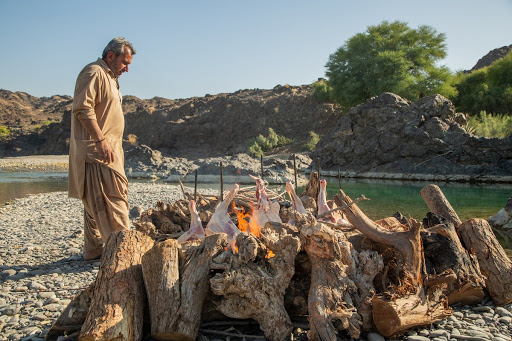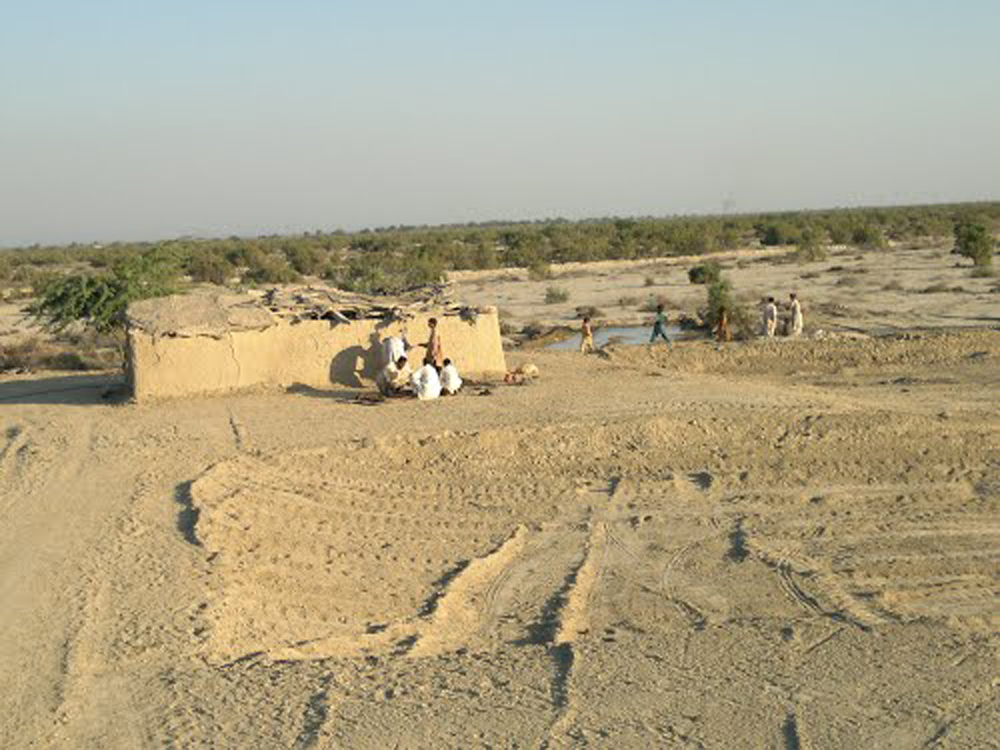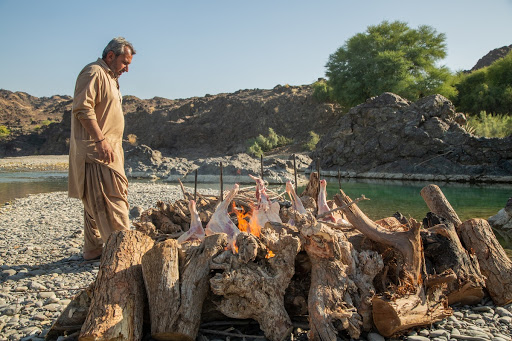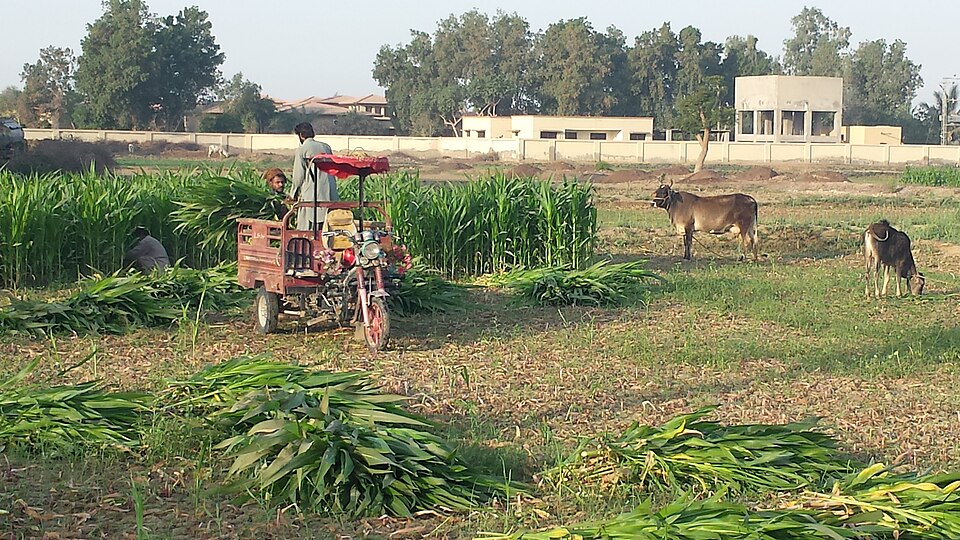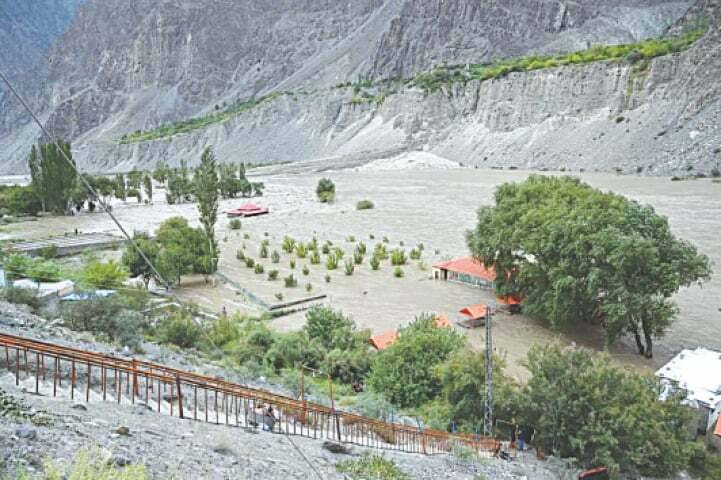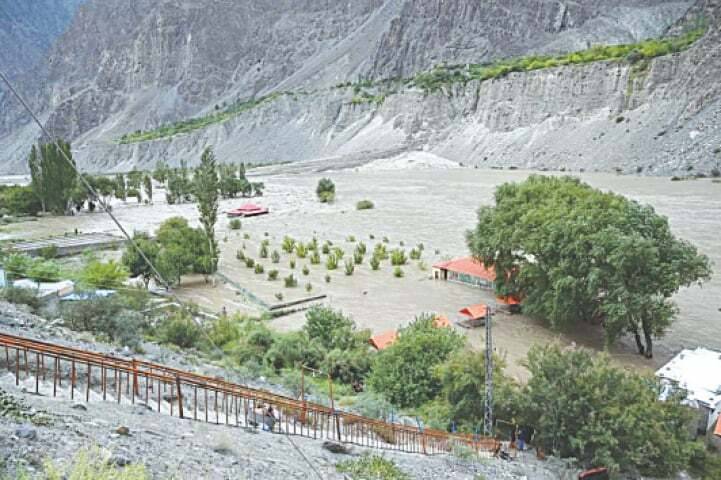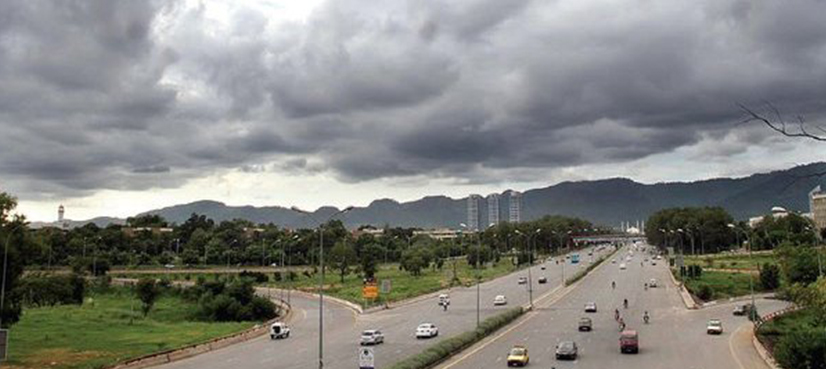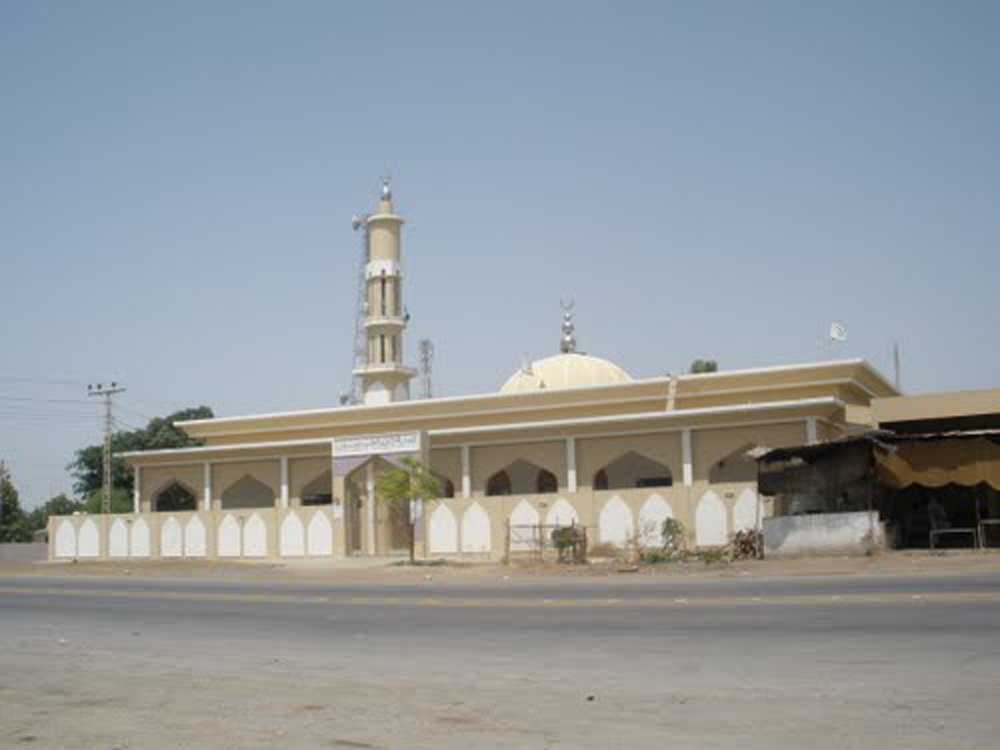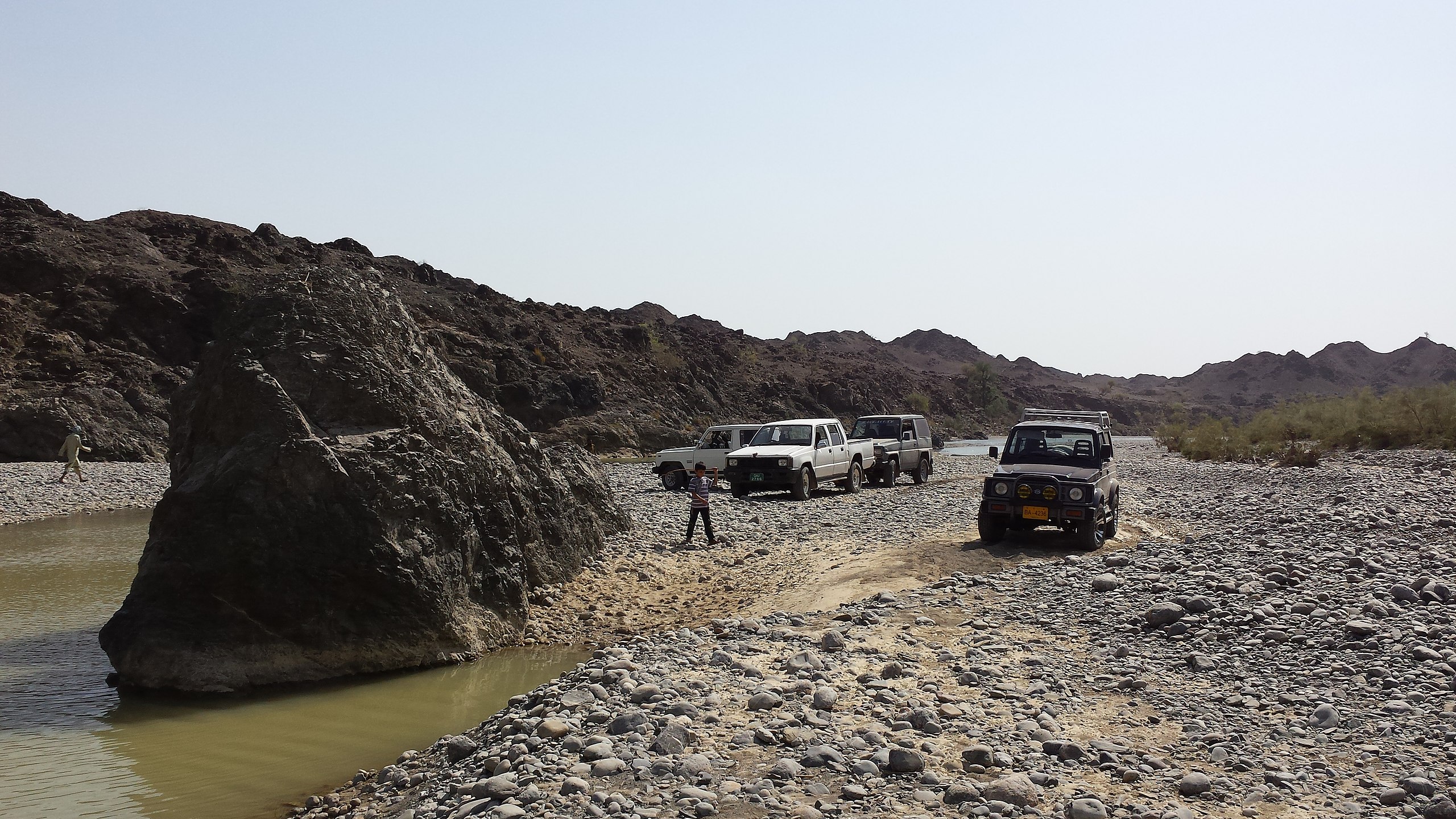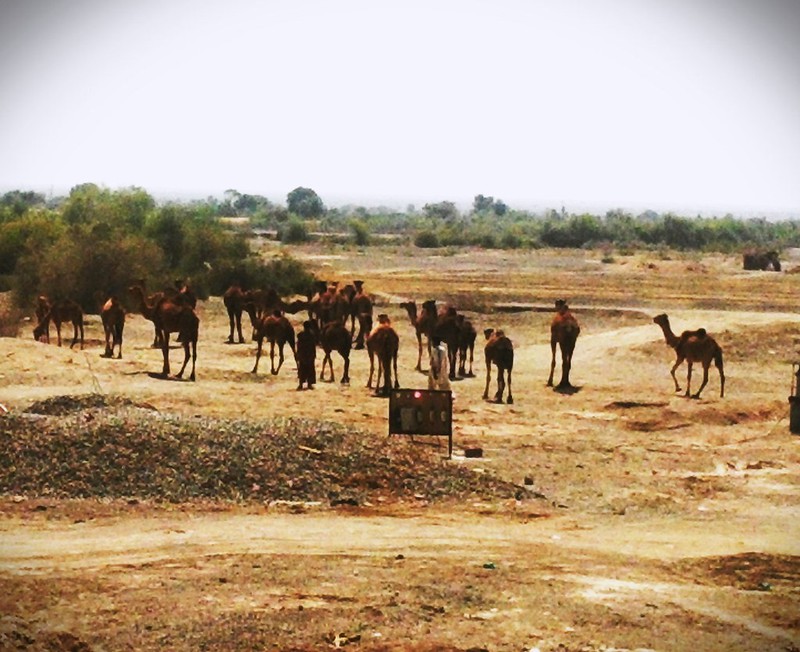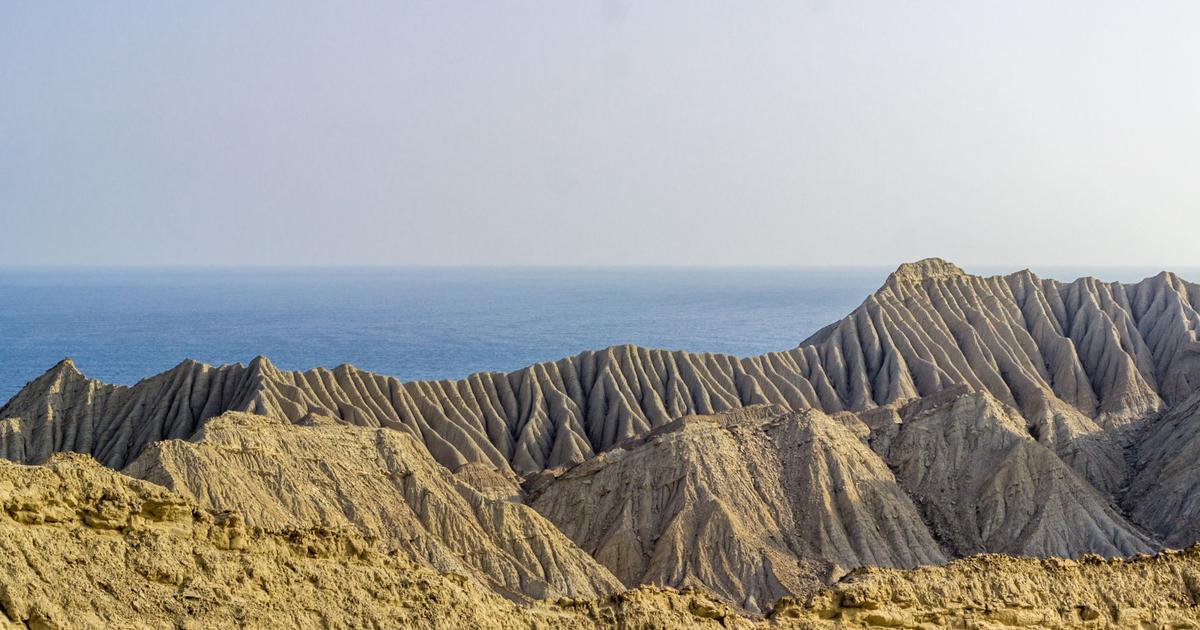
About the Uthal
The Emerging Hub of Lasbela District
Perched on the coastal plains of Balochistan, Uthal City serves as the administrative heart of Lasbela District. Though still modest in size compared to Pakistan’s metropolises, Uthal has steadily grown from a sleepy market town into a vibrant regional center. Its strategic location—nestled between the Arabian Sea to the south and the rugged hills of northeast Balochistan—has long shaped its character. Today, Uthal balances tradition and modernity, weaving together tribal heritage, agricultural livelihoods, and emerging commercial ventures to create a city on the cusp of transformation.
Geographical Setting and Climate
Uthal City lies approximately 125 kilometers northwest of Karachi, connected by a network of highways that carve across dry riverbeds and arid plains. The Hub River, which delineates part of the Sindh–Balochistan boundary, runs to the east before dissipating into seasonal marshes. To the south, palm-lined groves and date orchards stretch toward the skyline, while the northeastern hills of the Khirthar Range loom in the distance. The climate is typically arid, with scorching summers when temperatures often exceed 40 °C, and mild winters that can drop to around 10 °C at night. Rainfall is sparse and erratic, concentrated in brief summer monsoons and occasional winter showers that bring a splash of green to the dusty landscape.
Historical Roots and Evolution
For centuries, Uthal was a small settlement serving as a waypoint for traders and travelers traversing the coastal route between Sindh and Balochistan. Tribal ties—particularly among the Lashari, Burfat, and other Baloch clans—have long held sway over local affairs, shaping communal norms and landholding patterns. During the colonial era, the British administration recognized Uthal’s logistical importance and improved the rudimentary road network. After Pakistan’s independence, Uthal was designated the administrative headquarters of Lasbela District, prompting government offices to sprout up alongside traditional bazaars. Over time, modest demographic growth and public investment laid the groundwork for Uthal’s gradual urbanization.
Demographics and Community Life
Today, Uthal City hosts roughly 80,000 residents, a tapestry of tribal Baloch, Sindhi settlers, and migrant workers drawn by employment opportunities. Multigenerational families often live under the same roof, preserving age-old customs such as communal meals, poetry recitals, and traditional Balochi folk dances. In contrast, young professionals and students—many of whom attend colleges in nearby coastal towns—bring fresh perspectives and a taste for contemporary culture. Urdu and Balochi serve as lingua francas in daily life, while Sindhi and Pashto also resonate in certain neighborhoods. Despite linguistic and ethnic diversity, social cohesion remains strong, bound by shared experiences of desert life and a collective commitment to communal welfare.
Economic Foundations and Growth Sectors
Agriculture has long underpinned Uthal’s economy. Date palms dominate the fields, producing fruit prized across Pakistan, while wheat, sorghum, and millet are cultivated on irrigated plots near the riverbeds. Livestock rearing—including goats, sheep, and camels—complements crop farming, providing supplementary income during lean seasons. In recent years, however, Uthal has witnessed the emergence of small-scale industry. Marble quarries in the Khirthar Range channel stone to local workshops, where artisans craft tiles, countertops, and decorative pieces. Meanwhile, the city’s proximity to Karachi and the Port Qasim industrial zone has spurred the growth of trucking, warehousing, and logistics firms, offering employment to a burgeoning youth population.
Infrastructure and Public Services
As Uthal expands, municipal authorities have taken steps to bolster urban infrastructure. Paved roads now link the city’s core to outlying villages, replacing dusty tracks that once turned to mud during rainstorms. A modern bypass diverts heavy vehicles away from residential areas, reducing congestion and improving safety. Electricity is supplied via a grid extension from Hub, though power outages remain a challenge during peak summer demand. Water is drawn from deep wells and treated at a small-scale purification plant; efforts are underway to upgrade storage reservoirs and expand distribution networks. Healthcare is delivered through a district hospital and several primary health centers, which offer basic services but still rely on referrals to Karachi for advanced care.
Education and Social Development
Recognizing education as a catalyst for progress, Uthal has seen the steady proliferation of schools and colleges. Government-run primary and secondary institutions provide foundational instruction in science, mathematics, and languages, while private academies emphasize English-medium curricula to enhance college and career prospects. The Government Degree College offers undergraduate programs in arts, commerce, and basic sciences, nurturing the next generation of teachers and civil servants. Non-formal literacy programs and women’s learning centers, supported by local NGOs, work to boost female enrollment and adult education in rural peripheries. Although challenges persist—such as teacher shortages and classroom overcrowding—the overall trend points toward rising literacy rates and heightened community awareness.
Cultural Heritage and Festivities
Cultural life in Uthal is a vibrant fusion of Baloch traditions and coastal influences. Weddings are grand affairs, featuring colorful attire, musical ensembles playing surnai (folk wind instruments), and feasts centered on hand-pulled rice and spiced lamb. Annual gatherings—such as the Lasbela Cultural Mela—draw artisans from surrounding districts to showcase embroidery, pottery, and woodcraft. Religious festivals like Eid al-Fitr see the city’s mosques and streets adorned in festive lights, while Urs commemorations at nearby shrines attract pilgrims who pitch tents and trade offerings. Storytelling sessions, where elders recite epic poems in the Baluchi idiom, continue to pass oral history to attentive children, ensuring that ancestral narratives endure amid modern influences.
Urban Greenery and Recreation
In the shadow of arid hills, Uthal has made concerted efforts to introduce pockets of greenery. Parks ring the city center, planted with drought-resistant trees like neem and acacia, providing shaded havens for families to gather at sunset. Sports grounds host cricket matches and football tournaments on weekends, fostering local rivalries and community spirit. Riverbank promenades along the Hub River, though dry most of the year, are lined with benches and ornamental lighting, offering a tranquil escape after dark. Plans are in motion to transform one of the former marsh areas into a botanical garden featuring indigenous flora, both as a conservation initiative and a potential draw for eco-tourism.
Challenges and Future Prospects
As Uthal City strides into the future, it confronts a set of intertwined challenges. Water scarcity looms large, prompting the exploration of rainwater harvesting and drip-irrigation schemes to sustain agriculture and urban needs. Solid-waste management systems require scaling up to prevent environmental degradation, and air quality can suffer when dust storms sweep across the plains. Economic diversification remains essential to absorb the growing labor force, necessitating vocational training programs and small-business incentives. Yet these challenges are met with optimism. Local leadership has articulated a vision of Uthal as a green, inclusive city—one where tribal heritage coexists with technological innovation. Investments in renewable energy, community health, and digital connectivity hint at a trajectory that balances growth with sustainability.
Conclusion
Uthal City may no longer be the quiet market town of a bygone era, but it retains the welcoming ethos of its origins. The cacophony of horns on its rebuilt roads mingles with the call to prayer echoing from minarets, while date merchants haggle beside tech-savvy entrepreneurs negotiating logistics contracts. In its winding streets, one encounters both the simplicity of desert life and the promise of urban opportunity. As the sun sets behind the Khirthar hills, casting a golden glow over palm fronds and sand-churned roads, Uthal stands poised to write a new chapter—one that honors its past even as it embraces the dynamism of tomorrow.
Address: RJGF+RC Uthal, Pakistan
